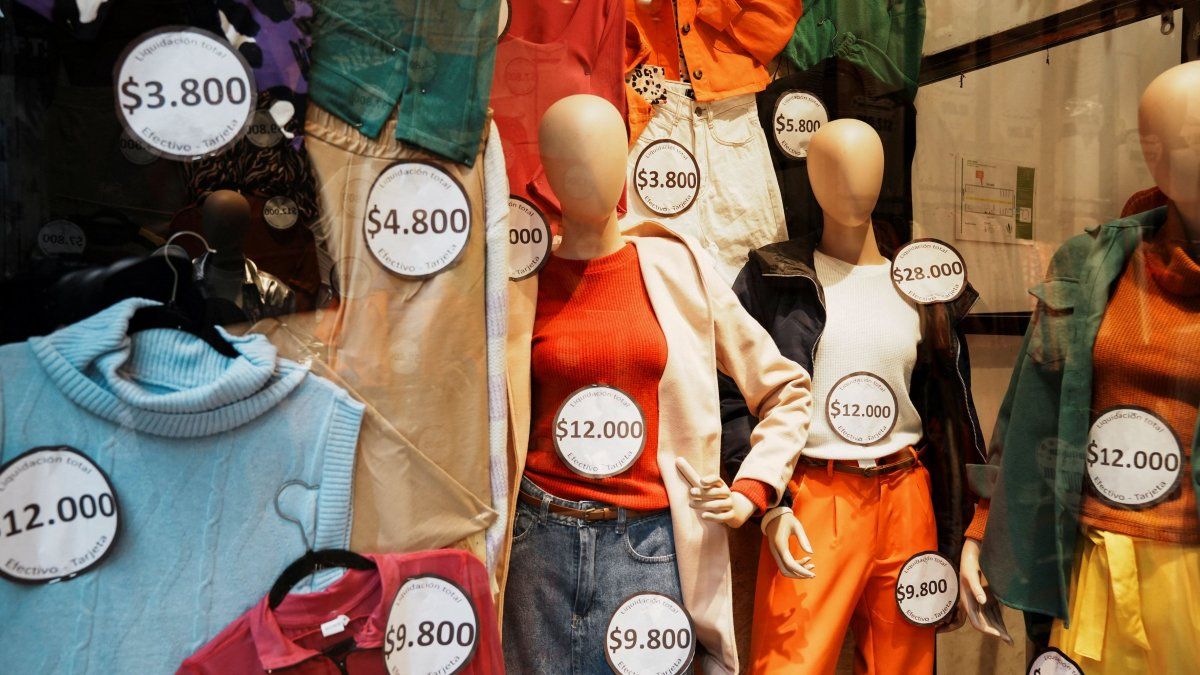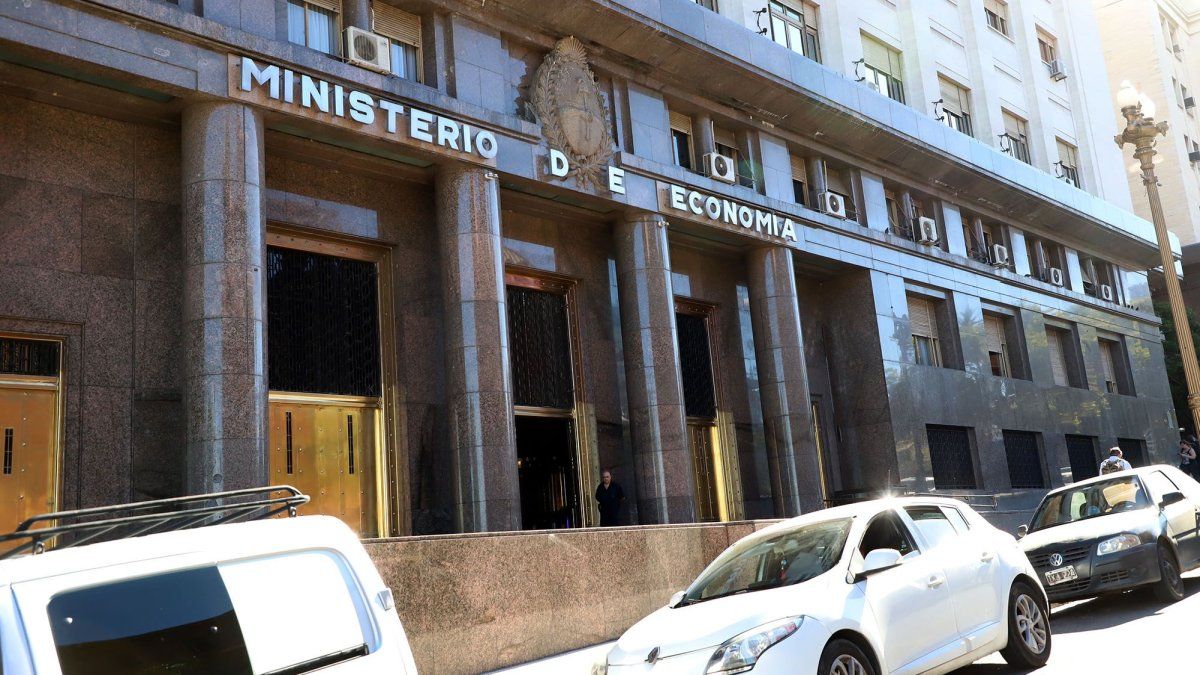Economic theory teaches us that the extra utility or satisfaction that an additional unit of consumption brings us is diminishing. What is happening?
Consumption. The challenge is to manage these choices in a way that maximizes our satisfaction without falling into the trap of overload.
Reuters
We live in a digital age where we are constantly bombarded by the premise that “more is better.” We seek to increase our level of consumption, obtain more information about what is happening in the world and learn about the latest trends to improve our health and appearance. We want to keep up with technological innovations and take advantage of all the opportunities that come our way. This microeconomic principle, rooted in most economic models related to consumption, suggests that having more options, information, and goods should increase our satisfaction. However, Reality is much more complex.
The content you want to access is exclusive for subscribers.
Economic theory teaches us that the extra utility or satisfaction that an additional unit of consumption is decreasing. In other words, the more we have of something, the less we value getting one more unit of that desired good. This may seem paradoxical, since the first few units of something we enjoy are highly valued, but as we continue to increase consumption, we can reach a saturation point. Is it possible that this is happening in a society that gives us continuous access to entertainment, goods and services? The evidence suggests yes.


What is the paradox of choice?
In this context, the following stands out: “paradox of choice”With access to endless choices, such as weekly new series or constant smartphone releases, it’s common to feel overwhelmed. This excess of choice can lead to each additional choice generating less satisfaction than the last, due to the principle of diminishing marginal utility in economics. That is, as we consume more of something, the satisfaction we get from an additional unit tends to decrease.
In some cases, This can even lead us to experience indifference or, paradoxically, a negative feeling about our decisions, where consuming an additional unit could result in a less rewarding experience.
This phenomenon is closely related to another economic concept: “opportunity cost.” Every choice we make involves a cost, which is the alternative we give up. In a world with almost unlimited access to information and options, the opportunity cost of each decision is magnified. We are more aware of what we are giving up every time we choose, which can further complicate our decisions and make us feel dissatisfied, always believing that we could be doing better.
The social networks amplify this effect, as we are continually exposed to the choices and lives of others. We see the best vacations, the best jobs, and the best lifestyles of those we know, which increases the perception of what we might be missing out on. This constant flow of information and comparison can increase anxiety and decrease satisfaction with our own choices.
However, it is important to stress that the abundance of choice and access to a wealth of information have undeniable value. They allow us to make more informed decisions, personalize our choices, and access a variety of experiences that we would not otherwise have. The challenge is to manage these options in a way that maximizes our satisfaction without falling into the trap of overload.
This is where the microeconomics offers a useful perspective. The concepts of diminishing marginal utility and opportunity cost are key to understanding why more choice does not always result in greater satisfaction and how decision making can become more complex in a world saturated with alternatives.
Understanding these economic principles can help us make more balanced and conscious decisions. It is not about reducing the number of options available to us, but rather about being aware of how they affect us and learning to manage them accordingly. In this way, we can make the most of the advantages of living in an age of abundance without falling into its potential disadvantages.
Responsible for the Bachelor’s Degrees in Economics, Finance and Joint Plan at UADE.
Source: Ambito
David William is a talented author who has made a name for himself in the world of writing. He is a professional author who writes on a wide range of topics, from general interest to opinion news. David is currently working as a writer at 24 hours worlds where he brings his unique perspective and in-depth research to his articles, making them both informative and engaging.




